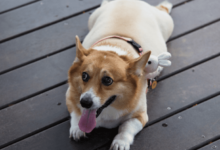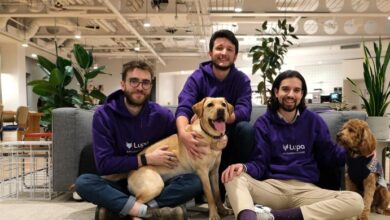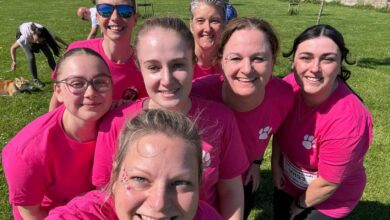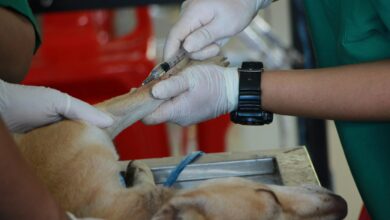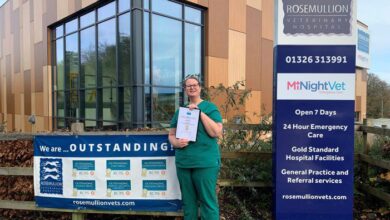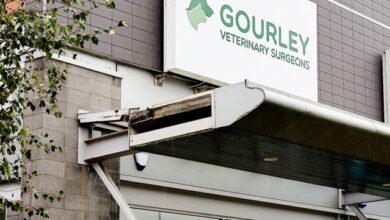Four out of five vets volunteer their time
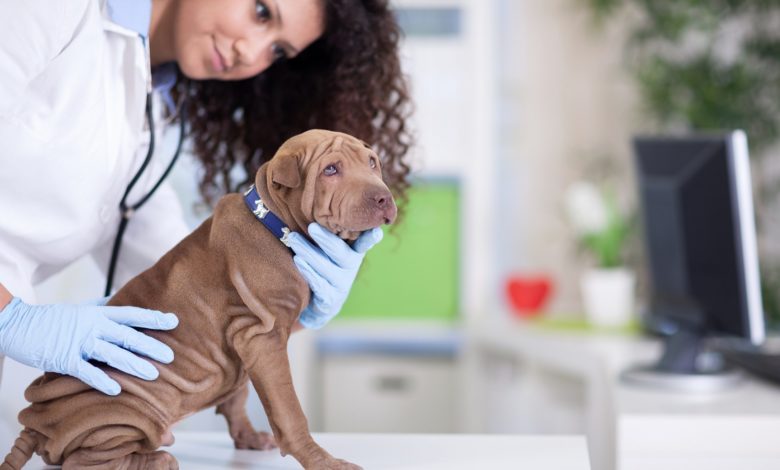
84 percent of veterinary surgeons in the UK give their time and expertise at a reduced rate, says the British Veterinary Association (BVA). More than two in five vets also work unpaid with animal charities and rehoming centres to treat thousands of abandoned, mistreated or injured animals each year.
Vets: The Results
Statistics were released as part of 2016’s Volunteers’ Week (1 – 12 June), using information drawn from the Voice of the Veterinary Profession survey. The results show that across the UK:
- 72 percent have formal arrangements with charities to provide veterinary services at a reduced fee with the figure rising to 84 percent when including less formal set-ups
- 43 percent of vets do unpaid work for animal charities or other animal welfare organisations
Charitable activities vary from practice to practice. Vets and vet nurses often work with local animal rehoming centres and national animal charities to provide a range of pro bono or reduced fee services, such as health checking, medicating and treating, neutering and vaccinating.
BVA President Sean Wensley, said: “Behind these statistics are countless stories of veterinary teams – who already often work long, demanding hours – giving their time for free to support animal rescue staff and charities to care for abandoned, injured and neglected animals, as well as help owners to keep and care for much loved animals in times of hardship and crisis. The UK’s network of animal charities and rehoming centres do a fantastic job protecting wild and domestic animals each year.
“Animal welfare legislation is clear that animal keepers and owners are responsible for meeting their animals’ needs, and prospective animal owners must be aware of the cost and time commitment involved in animal ownership. But we appreciate people’s circumstances can change and that vets volunteering their time and expertise contributes not only to animal health and welfare but also to human wellbeing and our communities.”






